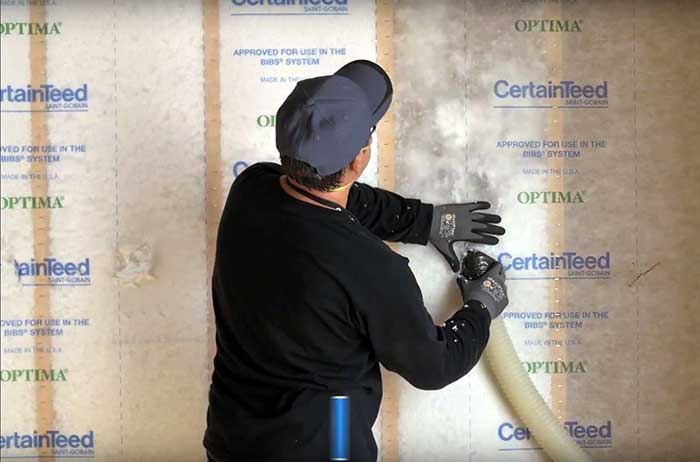Choosing the right energy partner can feel overwhelming, but a clear plan helps you cut noise. Our angle centers on performance controls and risk management, because small mistakes ripple into cost overruns. In Concord, teams expect precise schedules, honest budgets, and verifiable results, which is why comparing solar companies concord on measurable standards matters. We focus on how to build a clean scope, select proven inputs, and run a steady workflow that avoids rework. You’ll see how smart testing and documentation protect investments, and how trade-offs shape lifecycle value. We keep examples practical and real, drawn from residential and light commercial jobs. Along the way, we point out when to lean on a Solar panel choice or a streamlined solar installation, and when to pause for an extra check. With a consistent process, your project stays on track and delivers dependable power.
Set the project scope clearly with demand mapping upfront
Start with a crisp purpose, defined loads, and site constraints, then align targets with what the property actually needs. You can review preliminary requirements at local Concord solar energy companies for comparison across scenarios. Map weekday versus weekend usage, list major appliances, and note shade windows to shape system size. Document assumptions carefully so your team can estimate permits without guesswork. If you skip this phase, expect change orders later.
Run a short discovery call with the owner to confirm timelines. Bring a ladder and a laser to verify spans, while a quick compass reading confirms azimuth and obstructions. Rely on a simple template to record breaker panel capacity and clearances. A 20-minute walkdown prevents hours of rework later. Keep the tone plain and the process repeatable.

Choose bankable gear and verify datasheets carefully
Select inverters with stable efficiency, racking with proven wind ratings, and wiring sized for voltage drop. For a quick overview of compatible parts, visit clean energy solutions Concord for comparison. Ask vendors for UL listings, torque specs, and warranty terms in clear language. Cross-check module dimensions against roof obstructions and egresses, and confirm attachment points with framing details. Slow, careful selection avoids the costliest field fixes.
When evaluating solar installers concord, look for proof of commissioning checklists and as-builts. Ask whether their Solar panel selection matches your shading profile and timeline. Ask for a sample test sheet showing insulation resistance and IV-curve results. Verify lead times for each component and pre-position deliveries to match the sequence. A little coordination upstream prevents a crowded, risky jobsite.
Sequence tasks smartly to minimize downtime and bottlenecks
Lock a calendar with permits first, then align crews around material arrival. Coordinate updates through North Valley Solar energy experts for comparison and confirmation across teams. Stagger roof work, electrical tie-ins, and inspections so no crew waits on the other step. Post a daily plan each morning to reinforce targets and safety checks. Short, focused windows keep morale and productivity high.
For light commercial sites, split the roof into zones and assign three crews with clear handoffs. Residential projects benefit from a two-day solar installation when materials are staged near lifts. Tape conduit paths ahead of time to avoid confusion near eaves and downspouts. Confirm inspection windows with tenants if access or parking will be limited. Good communication reduces surprises for everyone.
Control performance and manage risk with checks that matter
Build a test plan that covers torque, insulation resistance, continuity, and array grounding. Share progress snapshots through green energy Concord for comparison so leaders can intervene early. Validate string voltages against nameplate values and note ambient temperature at the time of test. Record every reading in a simple table for warranty and utility reviews. Documentation is insurance you can bank on later.

On residential roofs, photograph each clamp at final torque and tag junction boxes with string IDs. For small offices, run a load test on the critical circuits during peak hours and observe voltage sag. If solar providers concord offer commissioning support, ask them to validate your method and sign the report. This third-party look reduces blind spots. Keep a calm, methodical pace when testing; rushing is the enemy of quality.

Balance budget against output with transparent trade-offs
Start with total cost of ownership across five years, not just day-one price. Compare lifecycle options at see details for comparison and clarity. A sturdier racking choice may reduce service calls and downtime, while better wiring cuts heat. Make assumptions obvious so owners see what’s included in the math. When people understand trade-offs, decisions get faster and better.
If you’re screening solar installation companies concord, ask for a side-by-side that shows kWh per year and expected service events. Include a contingency line for permits and a cushion for weather risk. Package small options—like critter guards or monitoring—so their value is easy to compare. Keep the Solar panel selection focused on proven makes, not flashy gadgets. Less sizzle, more steak—that’s how projects last.
Conclusion
A dependable project blends clear scope, bankable materials, disciplined scheduling, rigorous tests, and honest trade-offs. These pieces reinforce each other, keeping crews efficient and owners confident. Choose partners who communicate plainly, document relentlessly, and stand behind results. With that framework, your system delivers steady value for years.







